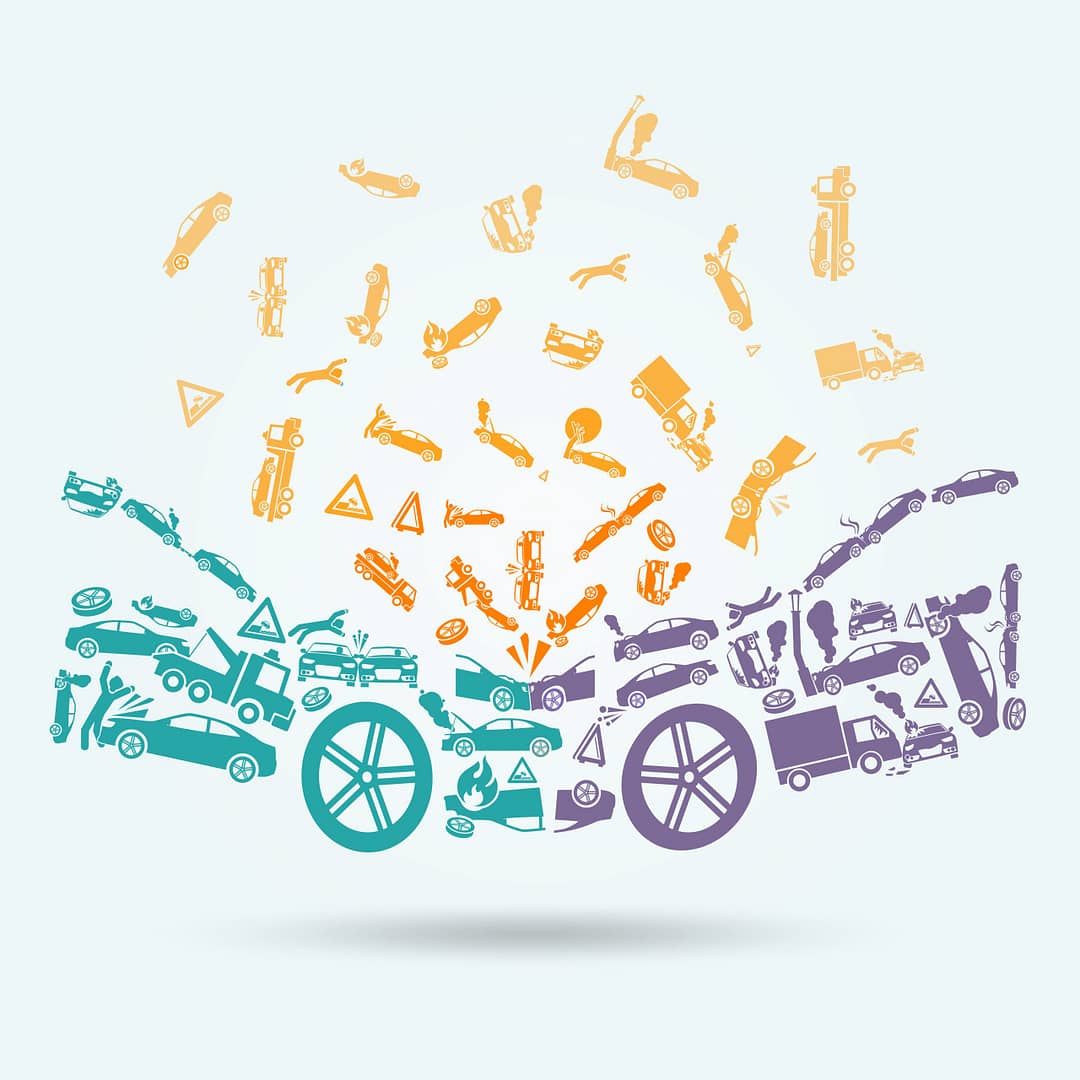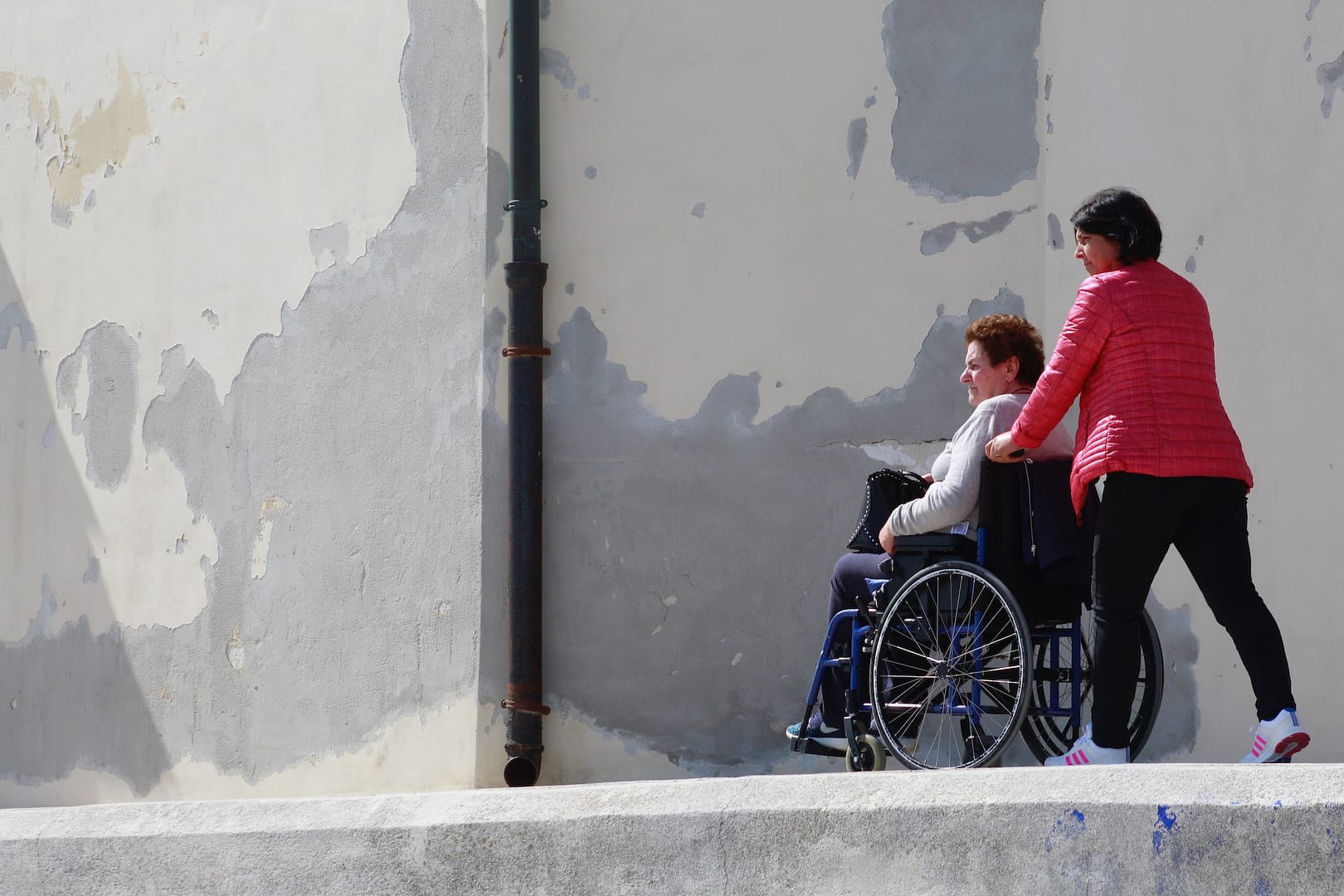Multi vehicle collisions, also known as pile-ups, can be complex, especially when it comes to determining liability. Understanding who is responsible for the accident is crucial for both insurance claims and legal proceedings. This article will explain how liability is determined in a multi-vehicle collision in the UK, incorporating key factors and verified statistics to guide the process.
Understanding Liability in a Multi-Vehicle Accident
Liability refers to the legal responsibility for the damages or injuries resulting from an accident. In a multi-vehicle collision, more than one party could be responsible, and liability can be divided among several drivers. Determining fault often involves careful analysis of the circumstances, including traffic laws, eyewitness accounts, vehicle damage, and police reports.
Key Factors Affecting Liability
Several factors come into play when determining liability in a multi-vehicle collision:
- Cause of the Accident
The primary question is what caused the chain reaction of collisions. In many cases, liability lies with the driver who caused the initial impact. For instance, if a vehicle in the rear fails to stop in time, causing a pile-up, they may be deemed at fault. However, the actions of other drivers involved in the subsequent collisions also need to be assessed. If one driver swerved abruptly, for example, they might share partial responsibility.
- Driver Behaviour and Negligence
Actions such as speeding, tailgating, distracted driving (e.g., using a mobile phone), or driving under the influence of alcohol or drugs can significantly affect liability. A driver engaging in these behaviours may be found fully or partially responsible for causing the collision. - Traffic Signals and Signage
The role of traffic signals, road signs, and signals from other road users can also influence liability. If a driver ignores a red light, for example, and causes a collision, they are likely to be held accountable.
The Process of Determining Liability for Multi-Vehicle Collision
When an accident occurs, liability is often assessed by the police, insurance companies, and sometimes, the courts. Here’s a breakdown of how the process works:
- Police Investigation and Report
In the UK, the police will usually attend the scene of a serious accident, gather evidence, and compile a report. This may include witness statements, photographs, and the condition of the vehicles. The police report can provide important insight into the chain of events leading to the collision and help establish liability. - Insurance Assessment
After the accident, each driver’s insurance company will conduct their own investigation to determine who is at fault. Insurance adjusters will review the police report, witness statements, and any available footage from dash cams or traffic cameras. In some cases, insurers may also consider the driving history of each party involved. - Court Determination
If liability cannot be agreed upon by the parties or their insurers, the matter may be taken to court. A judge will review all available evidence and determine who is responsible for the accident. The court may assign partial responsibility if more than one party is found at fault. - In many multi-vehicle collision cases, a settlement is reached without the need for a lengthy court trial. Settling out of court is often a quicker and less stressful option for those involved in accidents, particularly when liability is clear or the parties involved are eager to avoid the uncertainty of a court decision.
- In cases where the driver who hit your car has no insurance, a claim can be made through the Motor Insurers’ Bureau (MIB).
If you’re involved in a multi-vehicle accident and unsure of your next steps, contact National Claims. Our expert team will connect you with experienced solicitors who will guide you through the claims process and work tirelessly to help you secure the compensation you deserve.
The Role of Contributory Negligence
In many Multi vehicle collisions, more than one party is responsible to some extent. In these cases, contributory negligence may apply, meaning that each driver’s actions are assessed in terms of how much they contributed to the accident. For example, if one driver was tailgating and another failed to signal when changing lanes, both may be partially at fault.
Under the Law Reform (Contributory Negligence) Act 1945, the court can apportion damages according to the degree of responsibility of each party. This ensures that if you are partially responsible for an accident, you are still entitled to compensation, but it may be reduced in proportion to your fault.
Statistics on Multi vehicle collisions in the UK
According to data from the UK’s Department for Transport, there were 3,753 road deaths and 123,000 injuries reported in road traffic accidents in 2022. Although Multi vehicle collisions represent a smaller proportion of all accidents, they are still a significant factor. In 2022, there were 1,030 accidents involving three or more vehicles, resulting in 350 serious injuries and 29 fatalities.
These statistics underscore the potential severity and complexity of Multi vehicle collisions, highlighting the importance of accurately determining liability. In high-traffic conditions, such as motorways or busy urban roads, the risk of pile-ups increases, making it crucial for drivers to maintain safe distances and stay alert to avoid causing accidents.
Legal and Financial Implications
Once liability is established, it plays a crucial role in the compensation process. As the victim, proving liability is key to securing compensation for medical bills, vehicle repairs, lost wages, and emotional distress. If you’re unsure about the next steps or need further guidance, contact us today. We’ll connect you with experienced solicitors who can help you navigate the claims process and ensure you get the compensation you deserve.
Conclusion
Determining liability in a multi-vehicle collision can be complicated, but it follows a structured process. By carefully considering the cause of the accident, the behaviour of the drivers, and available evidence, responsibility can be attributed fairly. Understanding the role of contributory negligence and the impact of insurance investigations can also help drivers navigate the aftermath of a pile-up. Whether through the police report, or the courts, the goal is to ensure that those responsible are held accountable while protecting the rights of those injured or affected by the accident.
Consult with National Claims
Navigating the legal complexities of a road traffic accident claim can be overwhelming, especially if you are recovering from injuries. At National Claims, where we have experience in handling such cases can be invaluable. We will guide you through the process, and work to ensure you receive fair compensation for your injuries and losses. We will also walk you through the claims process.
No Win No Fee Claims For Multi-Vehicle Collision
If you’ve been injured in a road traffic accident that wasn’t your fault, you can make a No Win No Fee claim with National Claims. A No Win No Fee claim means you won’t have to pay any hourly or upfront legal fees to pursue your case. Instead, you will only pay a success fee if your personal injury solicitor wins your compensation claim.
Because you don’t need to pay any upfront legal fees, making a No Win No Fee claim is an affordable way to seek compensation for many. Additionally, if your claim is unsuccessful, you won’t be required to pay your solicitor’s fee, reducing the financial risk.
To begin your No Win No Fee claim for a road accident, contact us today. Our team is ready to help you with the claims process and get the compensation you deserve.

We’re proud of our excellent customer reviews
We thrive on delivering exceptional service and ensuring our clients’ satisfaction. Don’t just take our word for it. Check out some of our independent reviews to see what our clients have to say.
Excellent

This firm is excellent, they sorted out my car pay out and injury claim very fast, they always communicate with you all the time.

My accident case was dealt with confidence and with great result of the outcome, especially James kept me informed all the time.

I was very impressed at the way my inquiry was treated. I was listened to attentively and everything I needed to know was explained to me.






